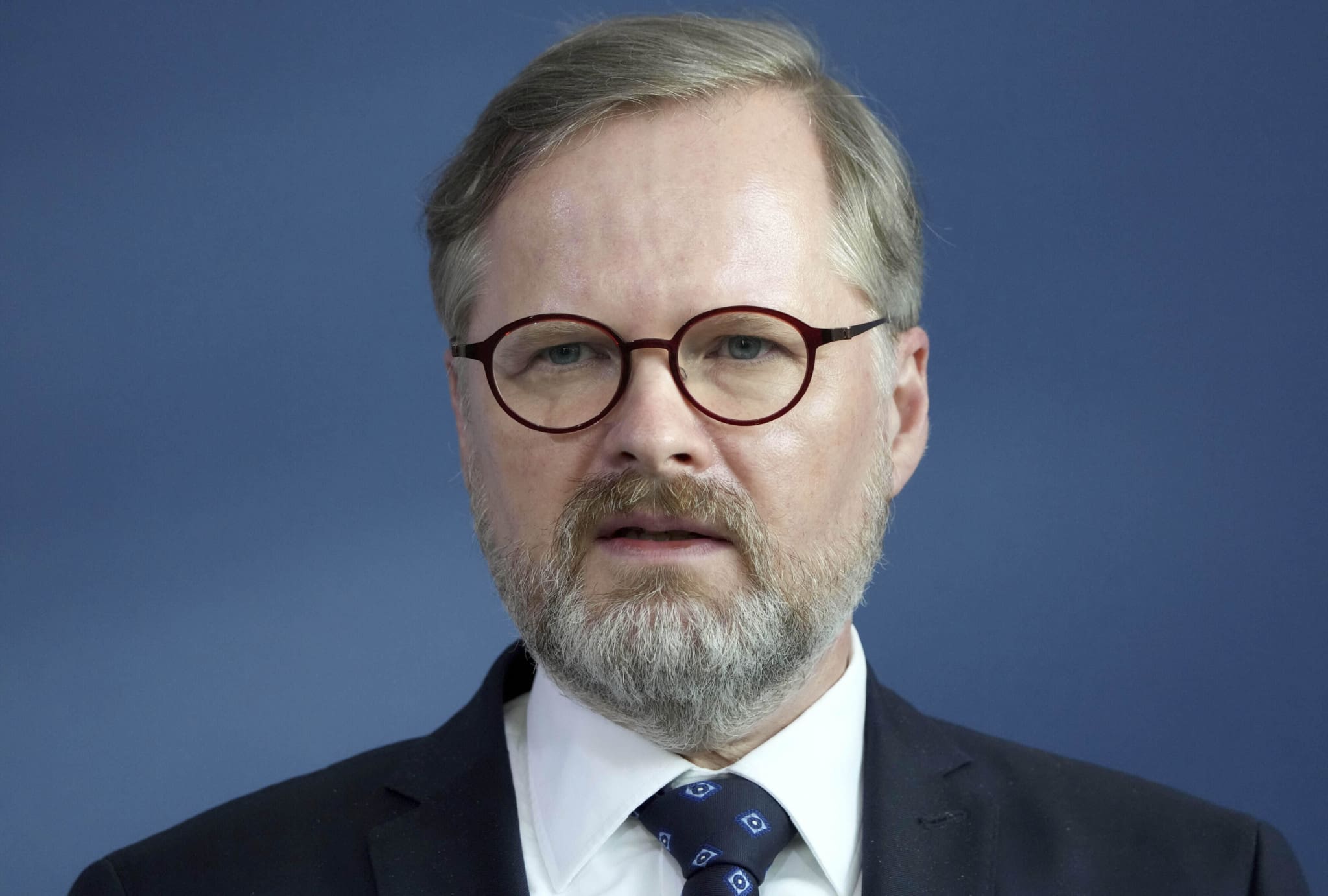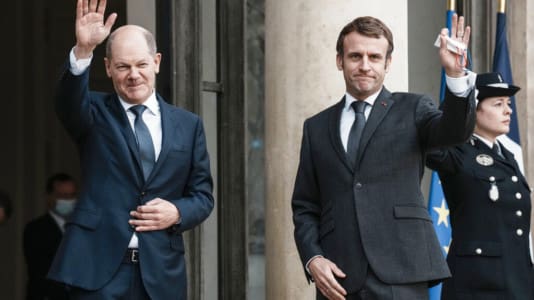Czech Prime Minister Petr Fiala has rejected claims his government has given up on stopping the ever-rising rate of inflation affecting the nation.
In an interview with the Novinky.cz news outlet, the Czech leader insisted his administration “certainly did not give up” on tackling the country’s cost of living crisis and assured readers that his government would not make the same mistakes as his predecessor.
“When we took over the government, one of the first steps we made was to prepare an anti-inflation budget,” Fiala noted. “We took over the budget prepared by the previous government, which had a much higher deficit. However, we reduced it by almost 100 billion korunas (€4 billion),” the prime minister added.
Fiala addressed the freeze on the salaries of civil servants which he described as another step to halt the rise in prices while acknowledging that inflation in the Czech Republic is one of the highest in Europe — blame for which he pins on foreign influences and the action taken by the previous government led by former Prime Minister Andrej Babiš.
“I do not make excuses for the previous government, but it is necessary to say what inflation is and not repeat the mistakes. These reasons are confirmed by several independent economists and bodies, such as the Supreme Audit Office,” Fiala claimed.
Fiala also spoke about the consequences of inflation on Czech citizens, the ongoing debate surrounding Russian gas and oil supplies and proposed sanctions, and the need to solve the issue of benefit tourism among primarily Hungarian-speaking Roma.
The prime minister noted that the Czech government cannot influence the impact of Russian aggression on Ukraine but can take targeted measures or negotiate energy security with other countries.
“When you look at inflation, there are several countries that have the euro and lower inflation than us, but there are lands like the Baltics that have the euro and higher inflation. So, for example, the euro is not the deciding factor in terms of inflation,” Fiala concluded in a renewed debate on the adoption of the euro, which his government does not plan to introduce.
The Czech leader also commented on the possible interruption of gas and oil supplies from Russia and the consequences for the Czech Republic.
“In the case of gas, the situation is critical,” Fiala warned, explaining that Czechia is one of the few countries that is more than 95 percent dependent on Russian gas. “That is irresponsible. Unfortunately, the previous government strengthened this dependence by stopping work on the STORK 2 gas pipeline project,” Fiala added.
In addition to the resumption of negotiations on STORK 2, Fiala’s government wants to acquire capacity in the newly-built LNG terminals in Poland and Germany. He stressed that Czechia would be able to completely switch to alternative energy sources within two years at the earliest.
“At the same time, we are filling our gas tanks — they are now 40 percent full. The goal is 80 percent before the winter. It will help us deal for some time if a critical scenario has occurred. Then solidarity and aid from other EU countries have to come,” Fiala told the news outlet, adding that Czechia also bought extraordinary gas in state reserves for 8.5 billion korunas (€344 million).
As for oil, the Czech dependence from Russia remains approximately 50 percent. However, the problem is said to be the low capacity of the pipeline, which led to negotiations with the Austrian Chancellor Karl Nehammer, for example, to strengthen the TAL pipeline network.
The European Commission recently proposed an embargo on Russian oil from the end of 2022. However, Fiala pushed for a delay of two to three years for the Czech Republic. He said that the Commission had realized there was no other solution to the situation and considered the result a success.
He also commented on a problem with Roma refugees residing at Prague’s railway station, explaining that most of the 340,000 registered refugees were not troubled and that more than 30,000 people were already in the labor market.
“It is exacting to find out if these people have only Ukrainian citizenship, or even Hungarian citizenship, or just the latter. We are trying to improve cooperation with the Hungarian authorities. If a person has Hungarian citizenship, he is not entitled to any form of assistance. Otherwise, he is subject to benefits, whether from a European point of view or Czech legislation. That is a key issue,” Fiala said.
According to the Czech prime minister, there will be no forcible redistribution of refugees in the Czech Republic between regions. He mentioned the intricacy of the situation because some locations have the capacity in schools but do not offer job vacancies, and vice versa.






